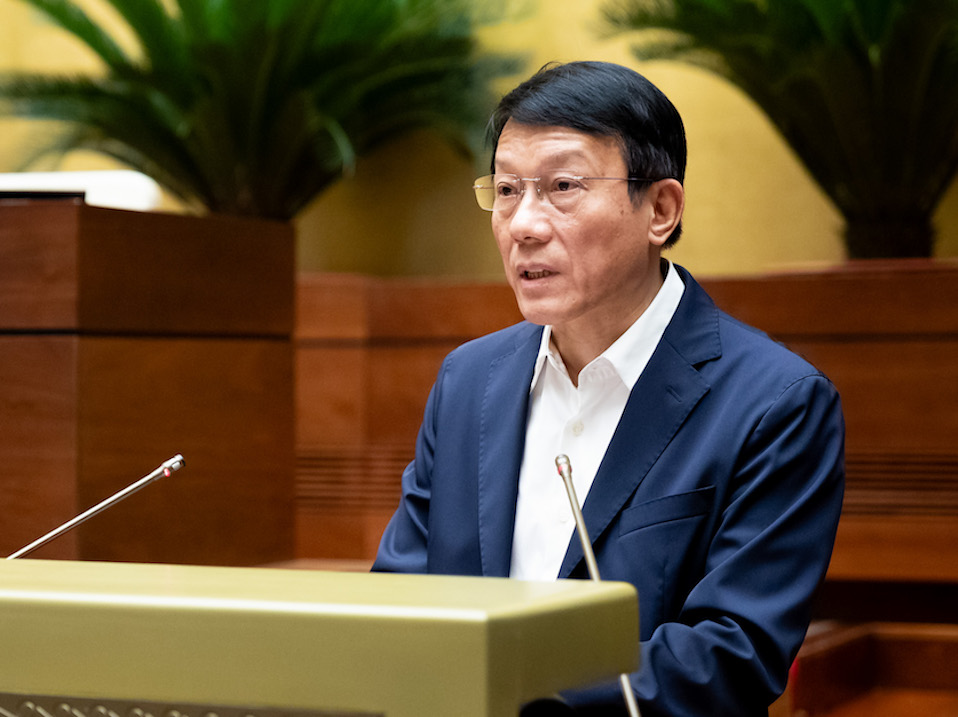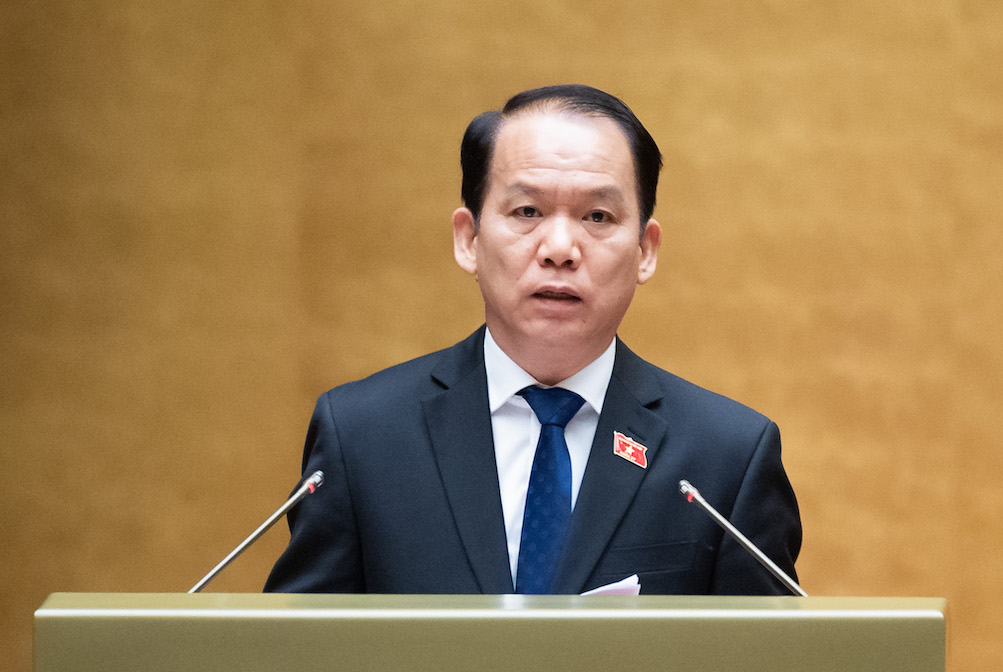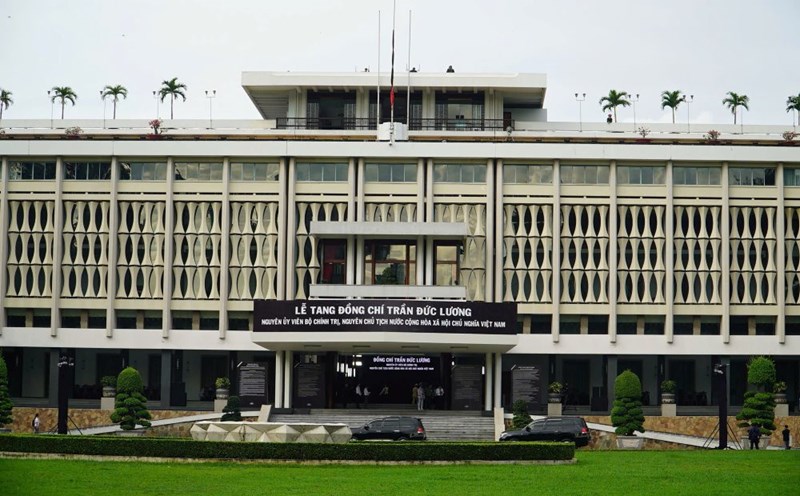Continuing the program of the 9th session of the 15th National Assembly, on the morning of May 24, Politburo member and Minister of Public Security Luong Tam Quang, authorized by the Prime Minister, presented the Draft Law on Extradition.
Minister Luong Tam Quang said that the Law on Judicial Assistance (TTTP Law) was passed by the 12th National Assembly at the 2nd session on November 21, 2007, effective from July 1, 2008.
After more than 16 years of implementing the 2007 Law on Investment Trade, the regulations on extradition in the 2007 Law on Investment Trade have revealed some limitations and inadequacies. Therefore, the promulgation of the Law on Conclusion is necessary, in line with the policies and guidelines of the Party and State.
The purpose of developing the extradition Law is to perfect the law on extradition in a synchronous and modern direction, ensuring strictness, feasibility, and compliance with international law and practice; promoting international cooperation on extradition, creating a foundation for signing and implementing international treaties on extradition.

The draft Law on extradition is expected to include 4 chapters and 45 articles, of which 19 articles will be amended, 10 articles will be supplemented and 1 article will be cut compared to the Law on Judicial Assistance in the field of extradition. In particular, adding new contents in accordance with international law, meeting the development requirements of industrialization, modernization, international integration in general and in extradition activities in particular, thereby enhancing the effectiveness of state management of extradition.
The development of the new Law requires, on the one hand, to ensure overcoming current limitations and shortcomings; on the other hand, it is necessary to cut down on the process of receiving and handling payment processing requirements, cutting and reducing costs to ensure streamlining and effective state apparatus innovation in line with the major orientations of the Party in Resolution No. 18.
In the review report, Chairman of the National Assembly's Committee on Law and Justice Hoang Thanh Tung said that, regarding the notice related to the death penalty for those required to be extradited (Article 13), the National Assembly's Committee on Law and Justice basically agreed with the provisions of the draft Law.

The addition of specific regulations on how to handle cases where foreign countries require Vietnam to commit to not applying the death penalty or not implementing the death penalty will contribute to solving difficulties and problems in practice, creating favorable conditions for extradition work, especially in the face of requests from countries that have abolished the death penalty.
However, there are opinions suggesting that the drafting agency continue to review to fully regulate because the provisions of Point b, Clause 1, Article 13 have not resolved the case of a foreign party requesting Vietnam not to apply the death penalty to a person requested for extradition not falling under the cases prescribed by the Penal Code.
Regarding the handling of cases of foreign countries refusing extradition requests from Vietnam (Article 25), the National Assembly's Law and Justice Committee found that transferring criminal case files to foreign countries to continue investigating criminal liability for cases of foreign countries refusing to extradite foreign citizens is necessary to meet practical requirements, not to let criminals escape in the context of globalization and increasing cross-border crimes.
However, in the case of a Vietnamese citizen being extradited, it is recommended that there should be an impact assessment and careful consideration of feasibility.
Regarding the order and procedures for arresting people in emergency cases for extradition (Article 33), the National Assembly's Law and Justice Committee basically agrees with the provisions of the draft Law and finds that this is a new regulation to legalize Vietnam's commitments when participating in international treaties on extradition, resolve practical problems and difficulties, ensure effective implementation of extradition requests, and avoid cases where people being extradited flee.
However, the current Criminal Procedure Code also does not have regulations on arresting people in emergency cases for extradition without an official extradition request.
Therefore, to ensure consistency, it is recommended that the drafting agency coordinate with the Supreme People's Procuracy to propose amending and supplementing a number of related contents of the Criminal Procedure Code (also submitted to the National Assembly at this Session).
Some opinions say that in order to comply with the scope of regulation of the Law on extradition and meet practical requirements, it is necessary to specifically stipulate in this Law the authority, order, and procedures for arresting people in emergency cases for extradition.





